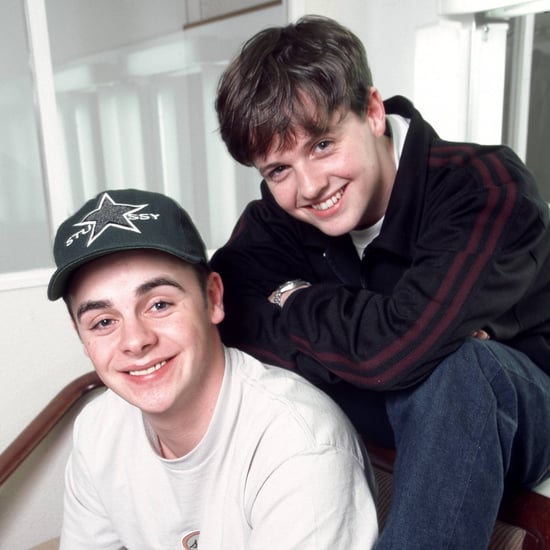How to Spot a Traitor, According to a Body Language Expert
6 Ways to Spot a Traitor in Real Life

In the words of Claudia Winkleman: "can you spot a liar?" As BBC's gripping guess-who reality show, "The Traitors", returns to our screens for season two, it's got us thinking about how well we can really recognise betrayal. The TV phenomenon that landed two BAFTAs, held an average of 5.4 million views per episode, and amassed 34 million views on iPlayer by the end of Feb. 2023, had the nation glued to its screens as players vied to unmask the traitors among them to bag the prize pot. While viewers had the knowledge of who the chosen ones were and boasted they could tell the "faithfuls" from a mile off, just how easy is it to spot a traitor in real life?
Whether it's a little white lie or full-blown backstabbing, deceit often gets labelled as a cardinal sin. "It's the act of breaking someone's trust, often causing emotional pain and rupturing relationships. It involves breaking a promise or acting against the interests of someone who believes in your loyalty or integrity," Adrianne Carter, body language expert and known as "The Face Whisperer", tells POPSUGAR. "We don't like to be betrayed because it undermines our sense of trust and security, which are fundamental to healthy human relationships."
Suspecting someone being untruthful might be in your gut, it's worth understanding some of the signs and, often involuntary, signals that are giveaways. Whether you're suspicious of a friend's motives, think someone you know might be cheating, or just want to point out the body language clues to your mates while watching "The Traitors", read on to unearth six red flags that will help you uncover a traitor.
Changes to Their Normal Behaviour
Detecting signs of betrayal may be more straightforward when it involves someone familiar to you, as deviations from their usual behaviour become more noticeable. "The best way to spot when someone goes into traitor mode is their behaviour will change in some way. For example, if they're a fidgeter, then they'll start to hold themselves still or if they're not a fidgeter, then they may start to fidget", says Carter.
Hand movements can raise suspicions, too. According to a 2015 study conducted by the University of Michigan, people who lie are more likely to gesture with both hands.
Mismatched Words and Actions
In order to trust whether someone is genuine, you should see a connection between what they say and how they say it. "If they say they're disappointed, but do not show any expression or behaviour to match the stated emotion, then it's likely they are being dishonest. Genuine reactions will marry words with body language", says Carter.
Becoming Overly Emotional
"Becoming overly emotional can be a clear clue someone is lying, and that's because they often feel guilty about being deceitful – or in "The Traitors" case, killing off other competitors," says Carter. Yet, that's not the only reason. According to a 2016 study by University College London and Duke University, when a lie was told, they noticed a great deal of activity in regions of the brain associated with emotions (the amygdala, in particular), proving that people feel an increase in emotions when lying.
Shutting Off
Right from the get-go in season one of "The Traitors", those hanging back and staying out of the mix seemed even more suspicious. But laying low can be a red flag. "When people are so worried about revealing who they truly are, they try to shut themselves down to not reveal anything that might betray them," says Carter. In other words, if someone appears frozen and unnatural, they could be a traitor.
Avoiding Eye Contact
Believe you know when your partner lies because their nose or lip twitches? Well, you are onto something. Carter suggests that rapid blinking, avoiding eye contact, flaring nostrils, and lip-biting are all indicators that they could be feeling stressed – a telltale sign of attempting to deceive. Additionally, inconsistencies in their story is another giveaway. "Watch out for the little details that change in the telling, depending on who they're telling the story to," Carter adds.
Deflecting
Otherwise known as "throwing someone under the bus", switching the attention to someone else, or something else, can be a sign they cannot be trusted. "This is to deflect attention from their own behaviour and to put other competitors off the trail of them being a traitor," Carter reveals. Clear cues? They change the subject when asked a difficult question and speak with a lot of jargon. Try not to fall for who they've planted as the scapegoat either.






